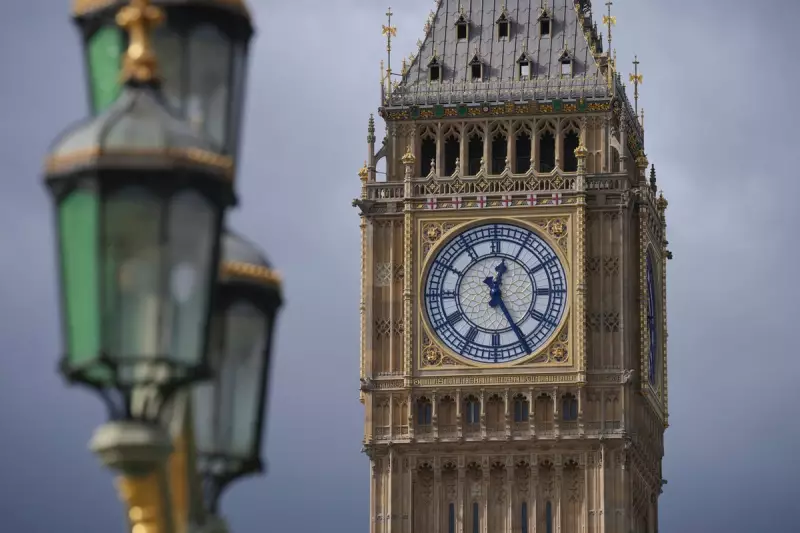
The deep, resonant chimes of Big Ben have once again echoed across Westminster, marking a triumphant return to London's soundscape after the most extensive conservation project in the iconic clock tower's history.
Following a meticulous five-year, £80 million restoration of the Elizabeth Tower, the famous 13.7-tonne Great Bell struck its first regular chimes at noon on Monday, much to the delight of gathered crowds and officials.
Sir Lindsay Hoyle, Speaker of the House of Commons, described the moment as "hugely significant" for the nation. "The return of Big Ben's bongs signals the successful completion of one of the most complex conservation projects ever undertaken," he stated.
A Monumental Restoration Effort
The ambitious project involved the complete disassembly, repair, and reassembly of the clock's mechanism. Over 1,000 individual components were carefully removed, cleaned, and repaired by a dedicated team of specialist clock makers, horologists, and conservation architects.
The restoration also addressed significant structural issues and included the installation of a new lift, repairs to the roof, and the re-gilding of the tower's pinnacles. Perhaps most notably, the clock's hands have been restored to their original Prussian blue colour, a detail lost over decades of repainting.
More Than Just a Timepiece
For many, the sound of Big Ben is intrinsically linked with British identity. Its chimes have broadcast pivotal moments in history, from announcing the end of World War II to ringing in the New Year.
Charlotte Jones, Principal Architect for the project, emphasised its importance: "This wasn't just about fixing a clock; it was about preserving a piece of living history for future generations. Every detail was considered with the utmost care and respect for its heritage."
While the regular chiming has resumed, the famous bell will remain on a limited striking schedule to minimise wear. The full, regular striking is expected to return later this year, ensuring the heart of British timekeeping continues to tick for centuries to come.





